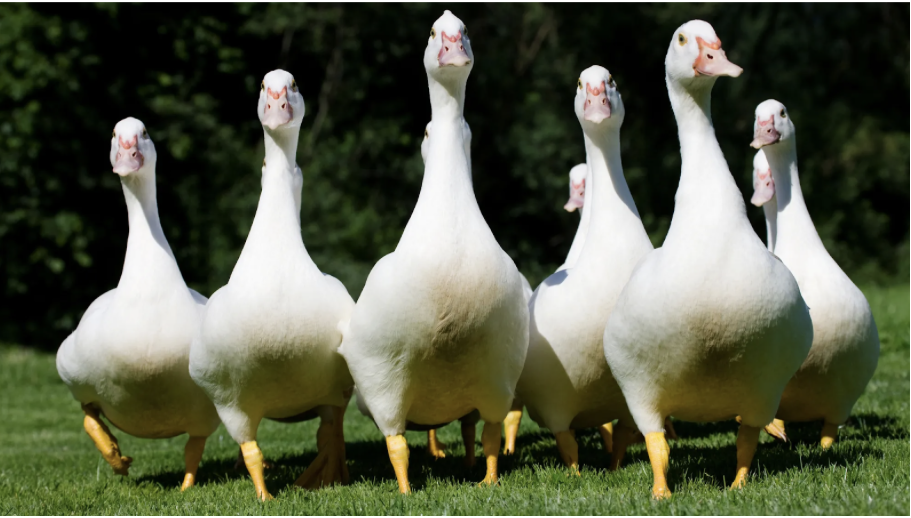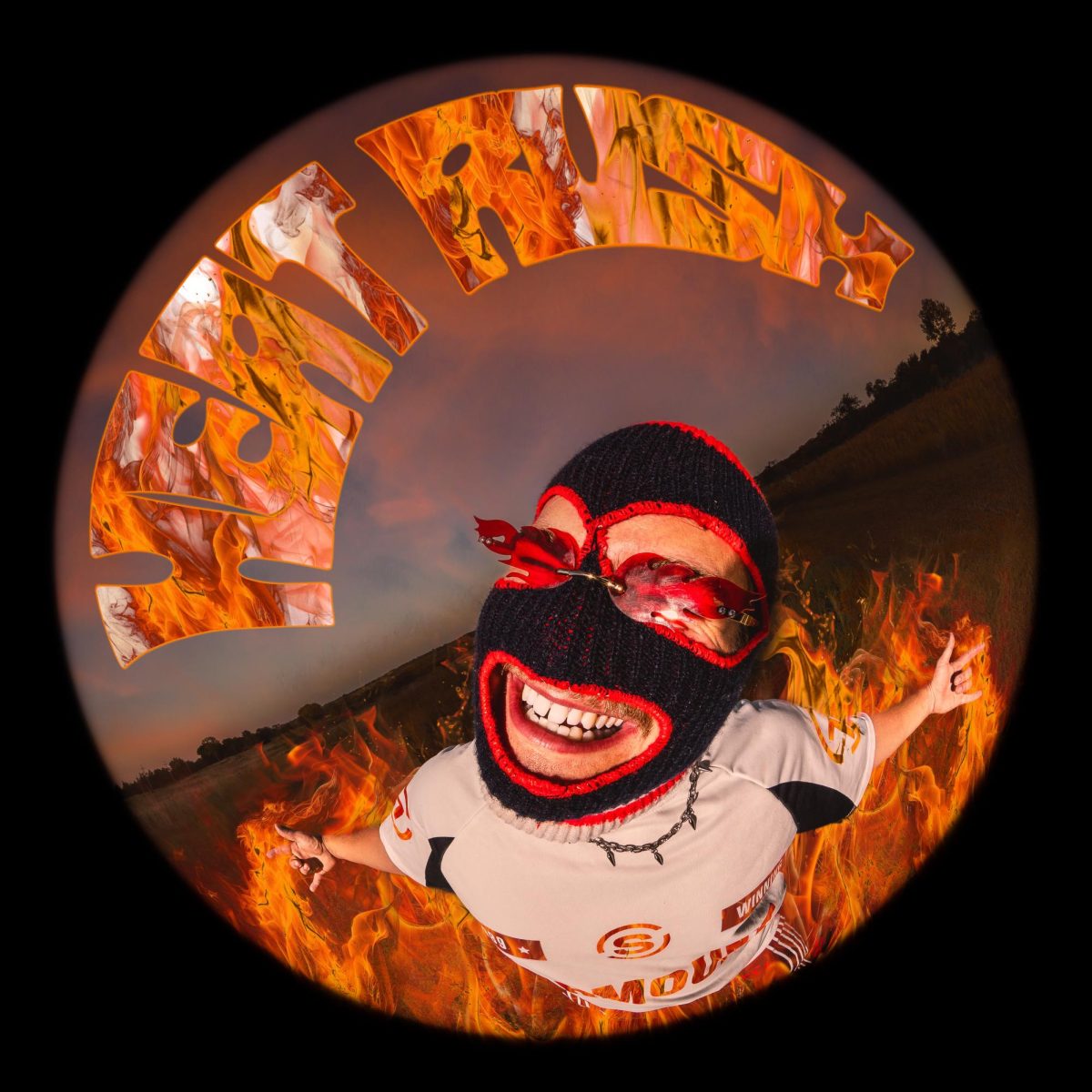Folk artist Jesse Welles is no stranger to the music scene. While his work has only recently gained traction, 29-year-old Welles has been creating music for over a decade now. Beginning his career in 2012 under the alias Jeh Sea Welles, Welles started releasing homemade music recordings on sites like Soundcloud and Bandcamp. After forming and leaving two different bands, Welles went solo again, releasing the EP Codeine in 2017, and then a studio album entitled Red Trees and White Trashes in 2018. The album was well-received by critics, but his music seemed to fly under the radar for most listeners – that is, until this year.
On April 28th, 2024, Welles uploaded a video of him sitting in the middle of the woods, raspily protesting the Israel-Hamas war in his single “War Isn’t Murder.” The song – along with others like “Cancer” and “Fentanyl” – amassed significant attention on social media. As of now, “War Isn’t Murder” has reached almost 1 million views on YouTube, and his music has been making rounds on Instagram and TikTok as well. Following this momentum, Welles released Hells Welles in July 2024 – a bitingly dry, hilarious, despairing, and catchy album that comments on current world affairs with razor-sharp precision. Just two months later, in September, Welles released another album: Patchwork.
The opening notes of Patchwork can be described as reflective. Placing “New Moon” as the first track was a fitting choice, easing the listener into the album with soft, nature-imbued imagery. The next two tracks are more upbeat, with lyrics akin to that of folk legends like John Prine. “That Can’t Be Right” is reminiscent of the sardonic attitude in Hells Welles, although the addition of a harmonica is a nice touch.
“Fear is the Mind Killer” is more pensive than its hooky predecessor, alluding to the infamous “fear is the mind killer” dialogue in Frank Herbert’s Dune. The track is simple, but it’s hard not to enjoy Welles’ wailing, broken vocals, even if that sounds like a total contradiction. If you enjoy folk music, you will enjoy this song.
“See Arkansaw” is catchy and simple – a tune about Welles’ home state. “This is Not My Song” is another highlight of the album, and Welles manages to make it his own, even if it’s a cover from his previous time in the band Dead Indian. The whistling tune in “My Little Town” helps diversify the album, while also adding to the crooning countryside quality so laden in Patchwork.
The second to last song, “Walmart,” is undoubtedly one of the best tracks off the album, if not Welles’ entire discography thus far. It’s funny, all too relevant, and balances its humor with the other more earnest songs of the album well. “If I Died,” is a slow, optimistic, and gentle close, similar to the opener “New Moon” – it also tips its hat, rather self-awarely, to John Prine.
Patchwork is certainly abundant in its folk roots – more so than Hells Welles. However, this doesn’t stop Welles from incorporating his more caustic sensibilities into his newer work. It’s certainly a signature of his music, and if you’re initially drawn in by his seamless ability to write clever and witty lyrics and make them into modern-day folk songs, Patchwork will not disappoint.




